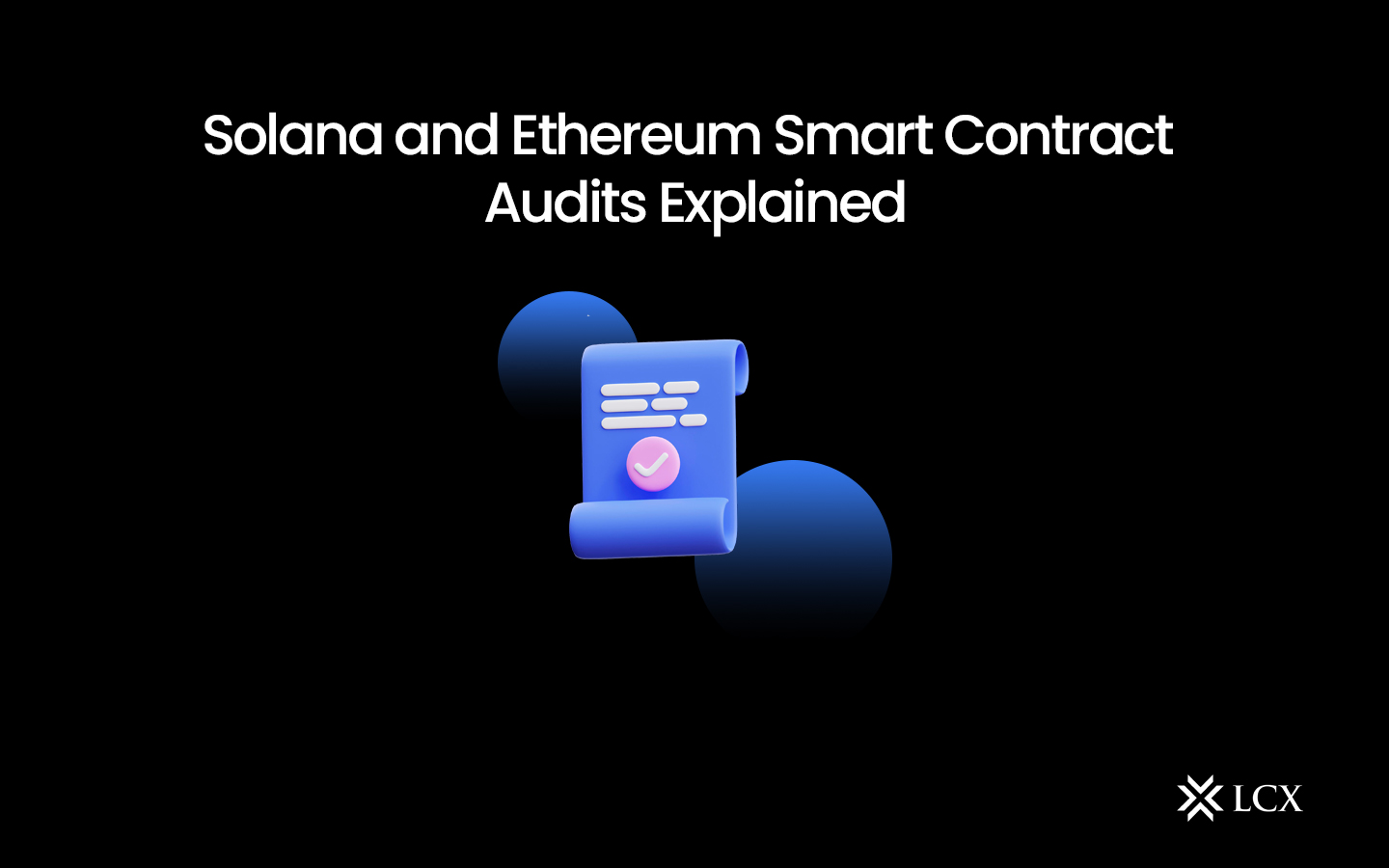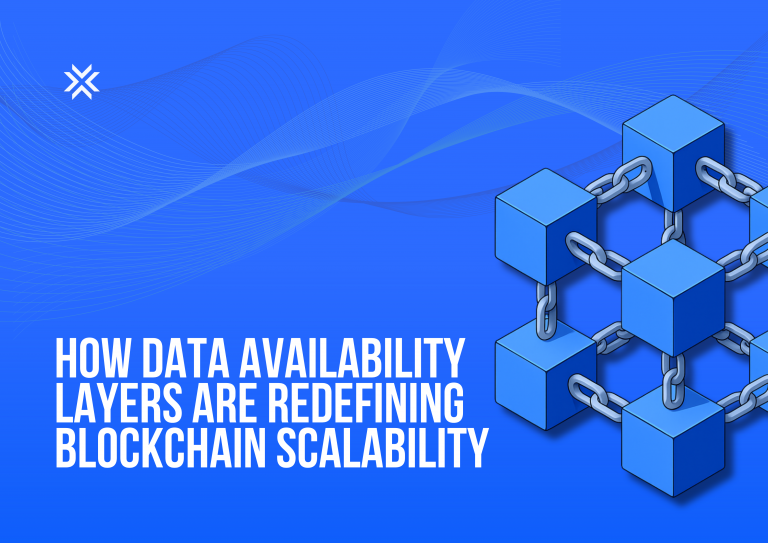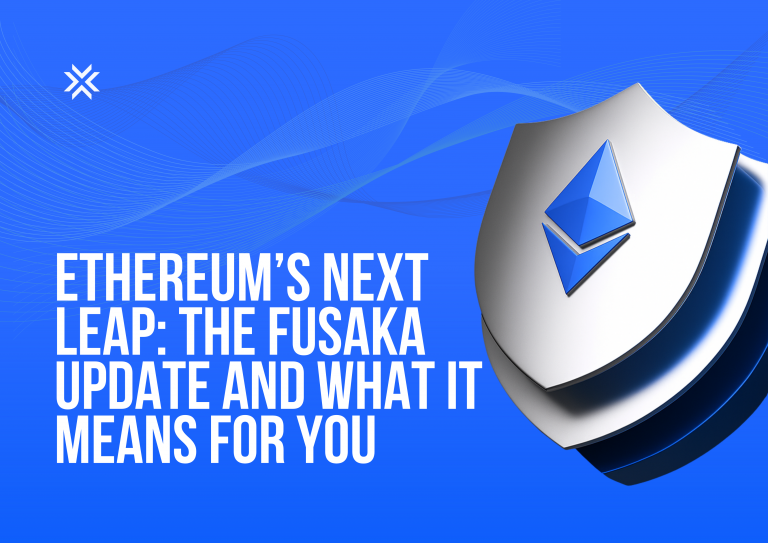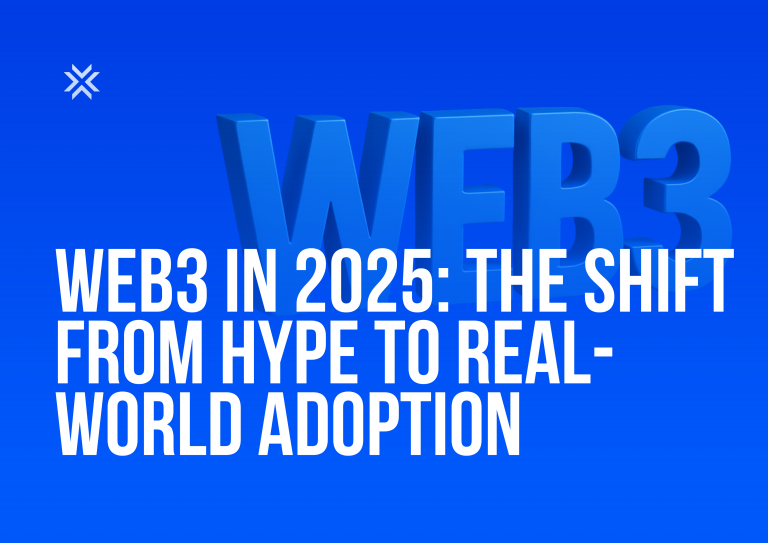Audits of smart contracts involve examining the source code of crypto initiatives to identify security flaws. Smart contracts are a vital component of the cryptocurrency ecosystem, and they have enabled an abundance of use cases for blockchain technology.
However, developers who are frantically composing code must make safety their top priority. Smart contract vulnerabilities can place user funds at risk, and we’ve all read about high-profile hacks that resulted in the loss of staggering sums of money. An audit enables a third-party organization to test a smart contract and identify vulnerabilities prior to their discovery by malicious actors. This can aid crypto initiatives in gaining credibility and providing users with peace of mind. Smart contracts are typically audited prior to deployment, as it can be difficult to repair them once they have been uploaded to a network. Blockchains, such as Ethereum and Solana, frequently feature smart contracts.
Understanding Smart Contracts
Before we delve into the security aspects of Solana and Ethereum smart contracts, it’s essential to grasp the basics of what smart contracts are. Smart contracts are self-executing agreements with predefined rules and conditions. They run on blockchain platforms, ensuring transparency, immutability, and tamper-resistance. These contracts eliminate the need for intermediaries, reducing the risk of fraud and human error.
Why Smart Contract Security Matters
Security is paramount when it comes to smart contracts because they handle valuable assets, including cryptocurrencies, tokens, and sensitive data. Vulnerabilities or weaknesses in smart contracts can lead to catastrophic financial losses and damage the reputation of the blockchain platforms that support them. Security audits are a crucial step in identifying and mitigating potential threats and vulnerabilities.
Ethereum Smart Contract Security Audit
Ethereum, the pioneer of smart contract platforms, has been the go-to choice for decentralized applications (DApps) and smart contracts for several years. However, its success has also made it a prime target for attackers. Here are some key points to consider regarding Ethereum smart contract security audits:
Solidity Language: Ethereum smart contracts are typically written in Solidity, a specialized programming language. Solidity has a rich set of tools and libraries for developers, but it can be prone to vulnerabilities, such as reentrancy attacks and integer overflow.
OpenZeppelin: OpenZeppelin, a popular open-source framework, provides standardized contracts and libraries to help developers build secure Ethereum smart contracts. These pre-audited components reduce the risk of coding errors.
Auditing Firms: Ethereum smart contracts are often audited by specialized firms that focus on blockchain security. These audits help identify vulnerabilities and suggest fixes before deployment.
Decentralized Autonomous Organizations (DAOs): Ethereum is home to numerous DAOs, which are organizations governed by smart contracts. DAO security has been a major concern, as vulnerabilities in these contracts can lead to large-scale theft.
Ethereum 2.0: The transition to Ethereum 2.0, which includes a shift to a proof-of-stake consensus mechanism, is expected to enhance security and scalability.
How Does an Ethereum Smart Contract Audit Work?
The finest security companies will subject their code to stress tests to determine how it performs in a variety of situations. According to experts, it is essential for a project to provide a comprehensive and explicit technical specification and, ideally, documentation of the deployment process.
These audits aim not only to identify vulnerabilities that black hat hackers could exploit but also defects that could prevent an Ethereum smart contract from functioning properly. The attack vectors under investigation can become quite technical, but they include replay attacks, in which malignant actors repeatedly transmit valid data in order to conduct fraudulent activities. Other attacks include reentrancy, reordering, and brief address attacks.
Once an investigation has been completed, crypto projects receive a detailed report of the vulnerabilities within their code, along with recommendations on how to mitigate their impact or eradicate them altogether. Therefore, the resources conserved by an effective audit can significantly outweigh the cost. Moreover, it can prevent reputational injury.
Solana Smart Contract Security Audit
Solana, a newer entrant in the blockchain space, has gained popularity for its high-speed and low-cost transactions. When it comes to Solana smart contract security audits, here are some key considerations:
Rust Programming Language: Solana smart contracts are typically written in Rust, a programming language known for its safety features. Rust’s memory safety and other design choices reduce the risk of common vulnerabilities.
Program Library: Solana provides a standard library for writing smart contracts, which includes built-in functions to ensure security. This library encourages best practices in contract development.
Program Analysis Tools: Solana offers various program analysis tools and a developer-friendly environment, making it easier for developers to identify and fix issues.
Community Auditing: The Solana community actively participates in auditing smart contracts. While this approach may lack the formality of third-party audits, it fosters a collaborative environment focused on security.
Interoperability: Solana’s interoperability with other blockchains and its support for cross-chain communication introduce new security challenges that need careful consideration.
Are Solana Smart Contract Audits Different?
Audits of smart contracts will vary marginally based on the blockchain code they are based on. Common security flaws in Solana can include omitted ownership checks, allowing attackers to circumvent access controls using spoofed configurations.
And while smart contracts can call functions from external smart contracts, validation failures may allow black hat hackers to inject malicious inputs that influence the operation of the code. Top auditing firms will evaluate a Solana smart contract based on the quality of its documentation, security, architecture, and code. Additionally, vulnerabilities are designated severity levels, allowing business-critical issues to be addressed first.
How Do Smart Contract Audits Benefit Crypto Projects?
Audits are essential for ironing out any bugs in a crypto project and ensuring that the code is suitable for widespread use. In 78 incidents during the first quarter of 2022 alone, hackers stole $1.33 billion; two-thirds of these attacks were on the Ethereum and Solana blockchains. But how could a smart contract audit have assisted them?
Well, common causes include crypto initiatives that prioritize speed over a comprehensive audit from a reputable service provider. They may also rely on internal teams to conduct security reviews. While this appears fiscally prudent, there is a risk that internal personnel are not up to date on the most recent cyber techniques used by malicious actors. Unavoidably, some will also believe that they are invincible. But complacency is the greatest enemy in the crypto space, and even the best initiatives can be hacked.
How Much Do Smart Contract Audits Cost?
The cost depends on how complex the smart contract is. According to Hacken, this can increase to $500,000 for larger initiatives with more lines of code, not to mention the additional engineering hours required. The company contends that these expenses pale in contrast to the economic harm that a smart contract vulnerability can cause.
And here’s how smart contract audits can make a difference: an audit uncovered at least one critical bug in 80% of initiatives. However, according to Hacken, only 75% of organizations have completely acted on an audit report in the past, with the remainder ignoring the conclusions or considering only a small number of recommendations. As a consequence, their security score was lower.
How Long Do Smart Contract Audits Take?
It is a process that requires several weeks, depending on the speed at which a crypto project operates. Initial audits typically take between 2 and 14 days, depending on the complexity and scale of a smart contract. These investigations can be expedited if necessary. Again, larger protocols may take longer, up to 30 days in some instances.
Do Smart Contract Audits Improve Crypto’s Image?
Blockchain technology is becoming a bigger part of all our lives — and auditors ensure that crypto initiatives put their best foot forward. Improving the quality of smart contracts reduces negative press coverage of significant hacks and enhances the reputation of crypto projects in the eyes of the public.
Conclusion
Both Solana and Ethereum offer unique approaches to smart contract security. Ethereum, with its longer history, has established formalized auditing processes and a robust ecosystem of tools and libraries. On the other hand, Solana’s emphasis on safety through the Rust programming language and community engagement is a promising step towards ensuring secure smart contracts.
In the ever-evolving landscape of blockchain technology, security remains a top priority. Developers and organizations must carefully consider the trade-offs and security features of each platform when choosing where to deploy their smart contracts. As both Solana and Ethereum continue to evolve, the blockchain community can look forward to even more robust security measures and best practices for smart contracts.
In conclusion, the security of smart contracts is an ongoing concern, and it’s essential for blockchain developers and organizations to stay vigilant, adopt best practices, and adapt to the changing landscape of blockchain security to protect valuable assets and ensure the trust of users and investors.










